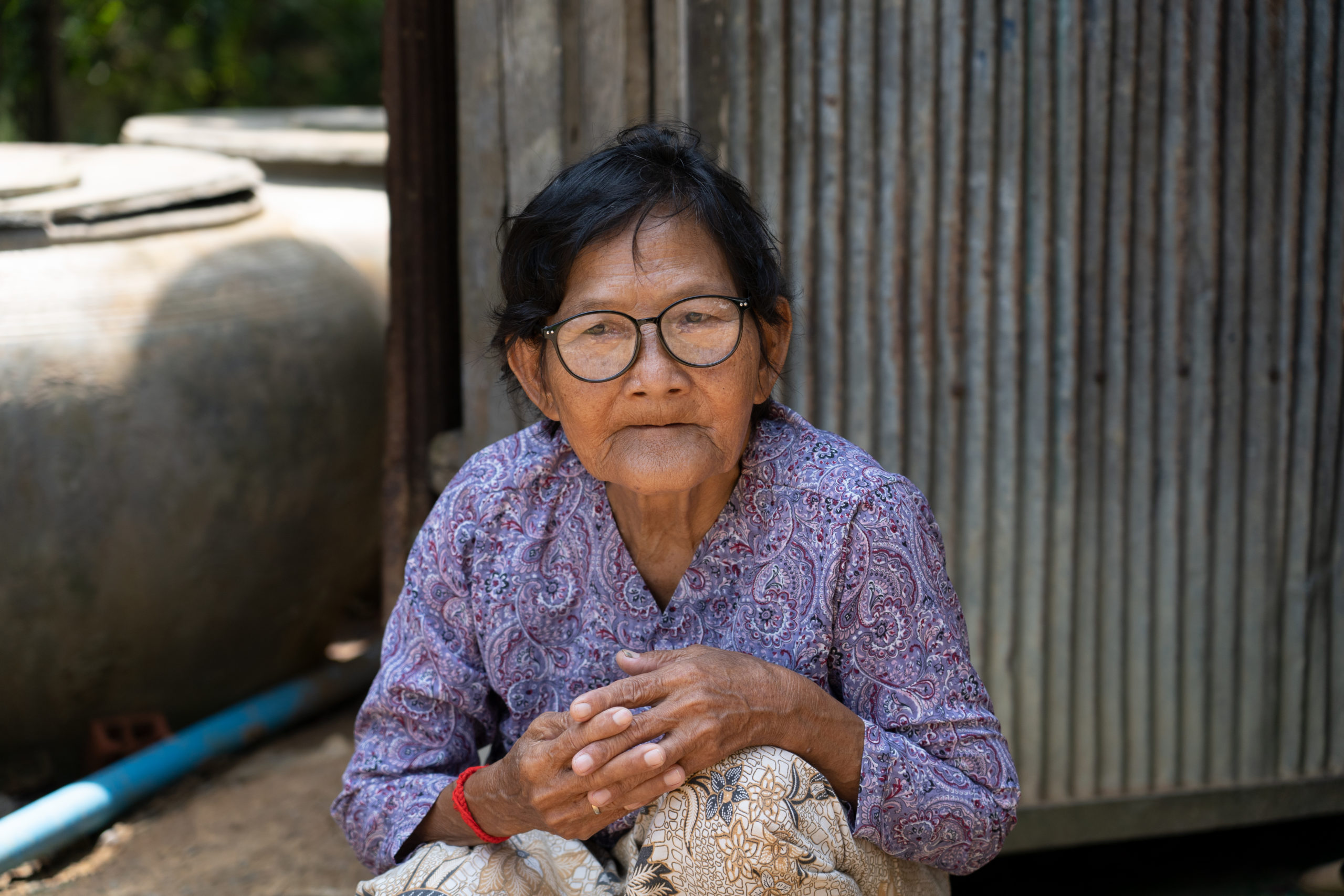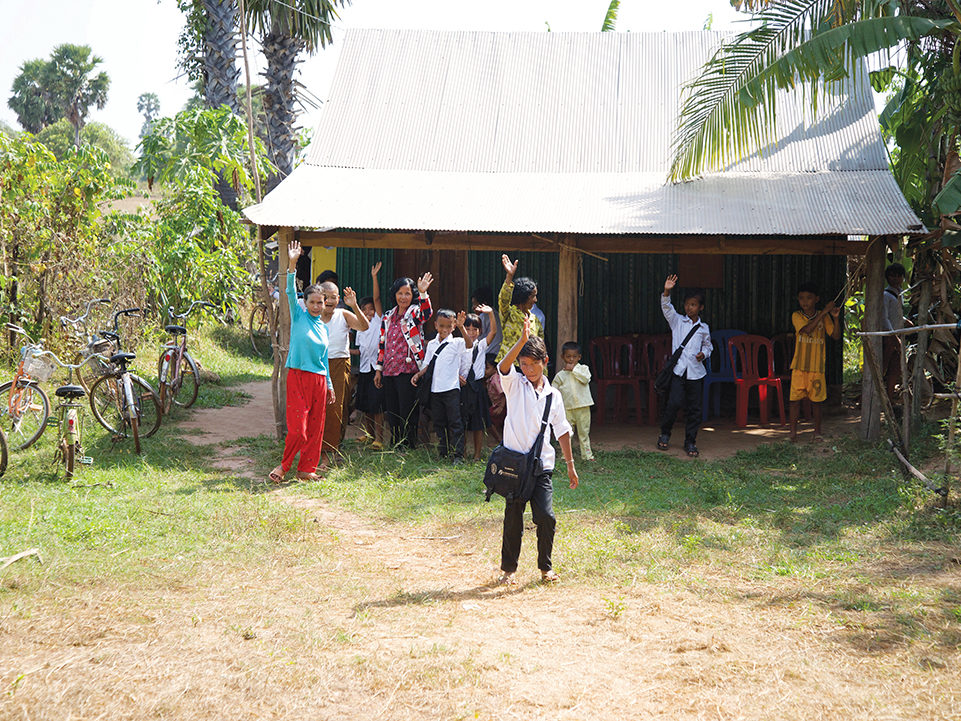When Kea’s parents left him to find work in the city, his grandmother made the heartbreaking decision to place him in an orphanage. Meant to be temporary, Kea lived there for nine long years — until Holt social workers brought him and his grandmother back together.
When Kea was three years old, his parents were forced to leave to find work in the city, leaving Kea and his two sisters behind with his grandmother. Already struggling to care for three of Kea’s cousins, his grandma made a difficult decision. She placed Kea in a nearby orphanage, hoping that he would have food and get an education, two things she couldn’t provide on her own.
“I thought, one day, I would bring him back when I have the ability,” she says. Nine years went by. All that time, Kea stayed in the orphanage, only coming home for holidays. His parents never came to see him.

Then, one day, a Holt Cambodia social worker came to visit Kea’s grandma and ask her how she would feel about her grandson coming home to live with her. She wanted to say yes. But she didn’t know how she would care for him. She still had two of her grandchildren in her care, and also cared for one of her adult sons, who had a mental disability. One of her grown daughters also lived with her and brought in some income — but not enough.
“I understand the importance of children living in a family so I was very happy to welcome him back home,” she says. “It didn’t mean I have the ability to raise him, but I didn’t want him to live apart from me anymore.”

Working with the local government, Holt social workers made a plan for this family. Through the generous support of sponsors and donors, they would provide food and school supplies and help renovate their home, which was in dangerous disrepair. They would provide ongoing counseling to help Kea transition back into life in a family, which would be dramatically different from his life in the orphanage. And they would help Kea’s family develop a long-term plan to generate income — and ensure both Kea and his sisters stayed in school through 12th grade.
Two years later, as he sits under the tree outside his grandma’s house, Kea says he is so happy to be back home. He looks down, a big smile on his face.“I really like living with my grandma because living in the orphanage was very hard,” he says. In the orphanage, he had to work all the time and had no freedom. Now, he spends his afternoons playing with his sisters or riding around the village on the bike that a Holt donor gave him as a Gift of Hope — making it easier for him to get to and from school. He has more to eat than just rice. And most of all, he no longer feels alone.
“How do you think your life would be different if you stayed in the orphanage until you turned 18?” we ask him.
“I would be lonely because there are no other kids my age in the orphanage,” he says. “I would feel lonely, and I think I might be alone forever.”Asked what he would like to say to the people who helped him move back home, he smiles — too shy to look directly at the camera — and says, “Thank you very much for helping me to live with my family.”
This is an excerpt from a longer story, “Thank You for Helping Me Come Home,” published on Holt’s blog in 2020.

Become a Child Sponsor
Connect with a child. Provide for their needs. Share your heart for $43 per month.





